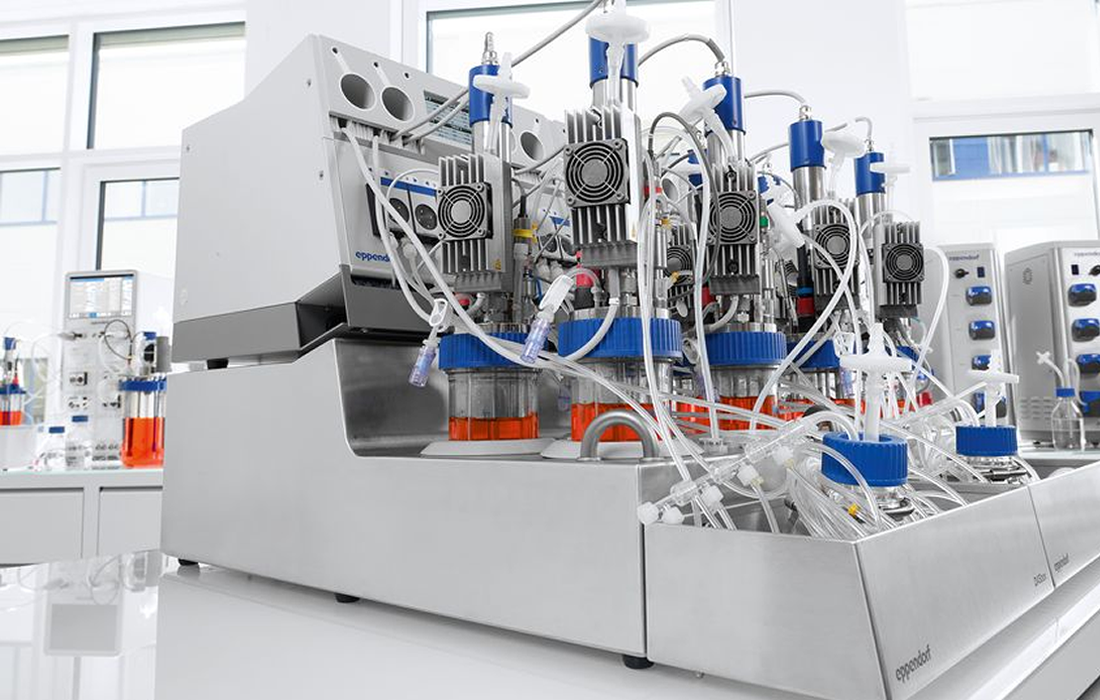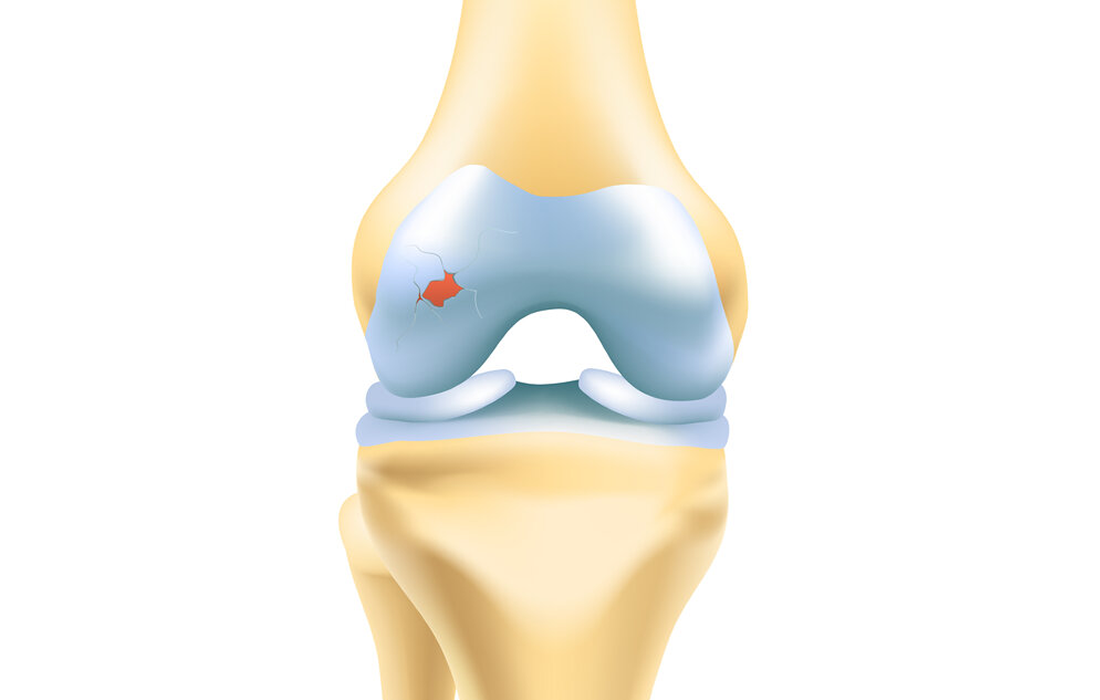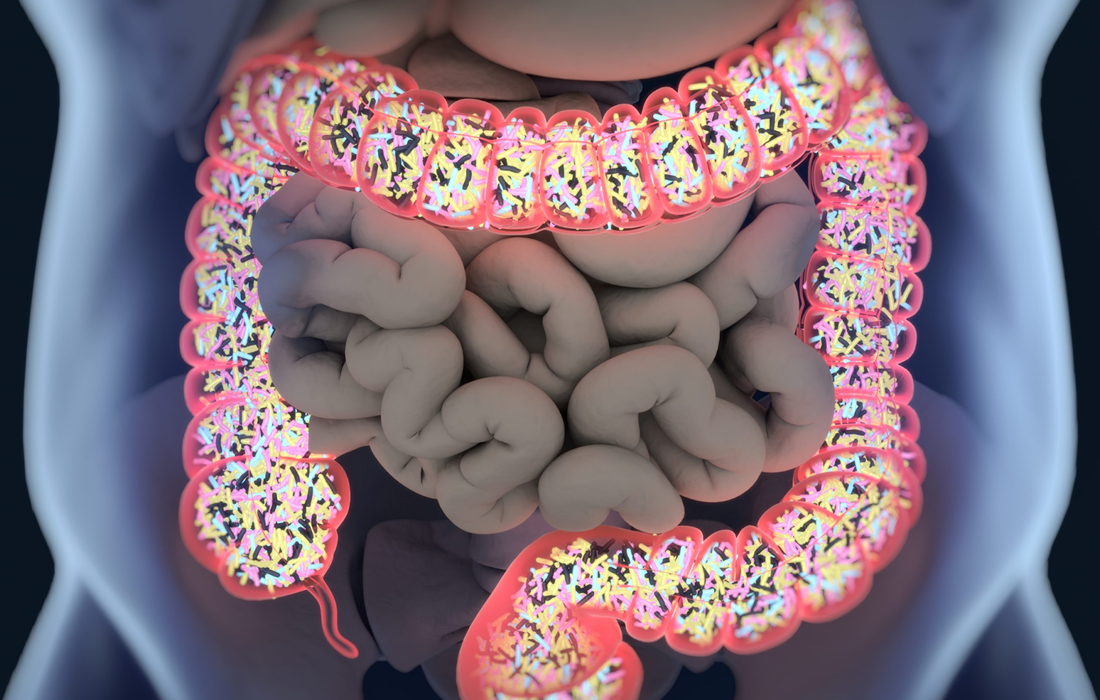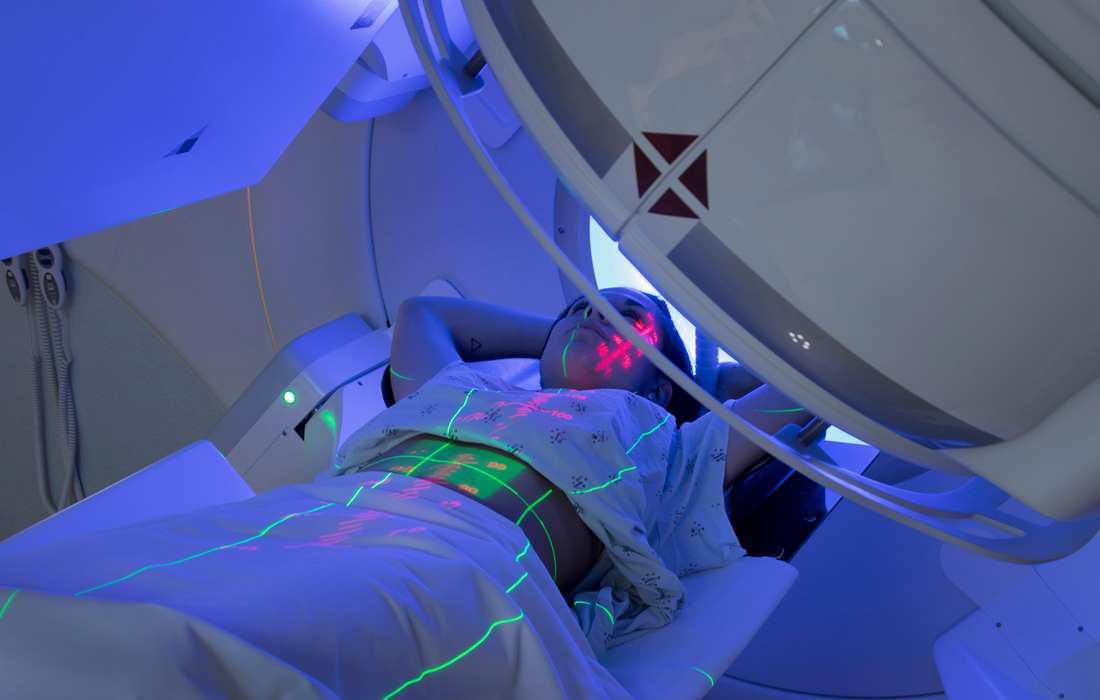A new study led by researchers at the Johns Hopkins Bloomberg School of Public Health found that older adults with greater severity of hearing loss were more likely to have dementia, but the likelihood of dementia was lower among hearing aid users compared to non-users. The findings, from a nationally representative sample of more than […]
Monthly Archives: January 2023
Tissue remodeling is the reorganization of tissue architecture, which can be either physiological, responsible for directing the development and maintenance of tissues, or pathological, occurring after tissue injury. During wound repair initiated by an injury to the skin, cells migrating into the wound bed deposit a mass of granulation tissue to re-establish the barrier integrity […]
Stem cells offer great promise in the treatment of many diseases and injuries, from arthritis and diabetes to cancer, due to their ability to replace damaged cells. However, current technology used to harvest stem cells is labor intensive, time consuming and expensive. Biomedical engineer Professor Majid Warkiani from the University of Technology Sydney led the […]
Arthritis is a common and painful disease caused by damage to our joints. Normally pads of cartilage cushion those spots. But injuries or age can wear it away. As cartilage deteriorates, bone begins to hit bone, and everyday activities like walking become terribly painful. The best treatments available try to replace the damaged cartilage with […]
Aging is a complex process for which distinct molecular aspects contribute to age-related tissue dysfunction. Systematic analysis of epigenomic and transcriptomic changes across mouse tissues during aging identified several recurring processes including interferon alpha response, IL6-JAK-STAT3 signaling, complement, and other components of innate immune response being gradually upregulated with age. Glaucoma, an age-related eye disease, […]
Sarcopenia is characterized by a progressive and generalized loss of skeletal muscle mass and strength . Increasing age is a well-recognized risk factor for sarcopenia such that worldwide the condition affects >50 million people over the age of 50 y. Whereas maintenance of strength and function is recognized as important for preventing functional limitations, physical […]
Muscle stem cells are responsible for muscle growth, repair and regeneration following injury throughout a person’s life. In fully grown adults, muscle stem cells are quiescent — they remain inactive until they are called to respond to injury by self-replicating and creating all of the cell types necessary to repair damaged tissue. But that regenerative […]
In recent decades, the prevalence of type 2 diabetes has increased dramatically. We refer to insulin sensitivity, insulin secretion, and insulin clearance as components of “insulin homeostasis,” given that these traits encompass action, production, and removal of insulin. Dysfunction in insulin sensitivity and insulin secretion underlie the development of type 2 diabetes. The role of […]
Florida State University College of Medicine researchers have linked aspartame, an artificial sweetener found in nearly 5,000 diet foods and drinks, to anxiety-like behavior in mice. Along with producing anxiety in the mice who consumed aspartame, the effects extended up to two generations from the males exposed to the sweetener. The study is published in […]
Sudden cardiac arrest, occurring in the setting of impaired cardiac function and structural heart disease that lead to ventricular tachycardia (VT) and ventricular fibrillation, is a leading cause of death in the world. Implantable cardioverter defibrillators improve survival in at-risk populations at the cost of reduced quality of life from shocks and potential for worsening […]










